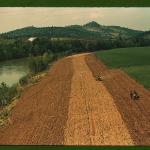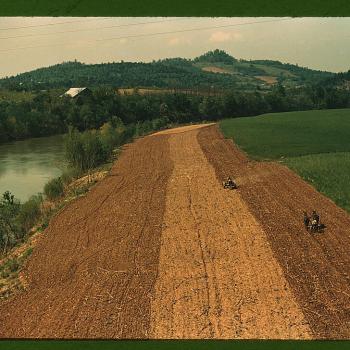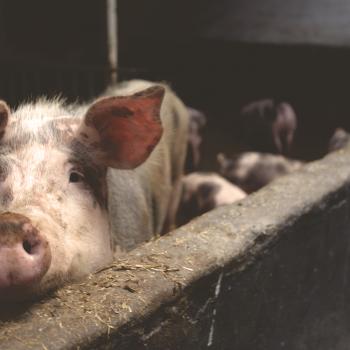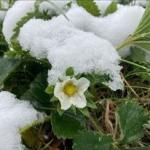This essay ran originally in the May 2, 2020 edition of the Sedalia Democrat.
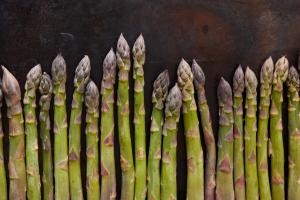
I love to garden.
As a child too young to have a plot of my own, I read books like The Secret Garden over and over again, just for the descriptions of “sharp little pale green points sticking out of the black earth.” I once grew a prolific morning glory up the porch pillar. I cried bitterly when my father mowed it, taking it for a weed. I pored over the Gurney and Stark Bros. catalogs that came in the mail each winter, making lists of all the flowers and vegetables that would someday be mine. It didn’t matter that I was a ten-year-old girl with no ways or means. I had hopes and dreams. As any gardener knows, that winter hope is the necessary first step, the beginning of growth.
As I grew, so did my horticultural endeavors. I moved from the ill-fated morning glory to houseplants and container gardens, then a tiny “bit of earth” in a rented backyard. I wasn’t actually great at gardening, but that did not hamper my enthusiasm one bit. I renewed my efforts every year, and found my strengths to be in early spring produce like herbs and lettuces and carrots. Finally, my husband and I bought a home on an acre of land, and I dreamed again of a huge patch crowded with the tomatoes and potatoes I never before had room to grow. I envisioned a garden like my grandmother’s, filled with long-lived perennials, fruit trees, grape vines. Things that had lasting power.
But before I could turn even one spade of earth, I got cancer.
Then there was no gardening at all, and for the first time ever, there was no hope of another spring. I sat on the porch and looked at the waving maple leaves above my head.
The next spring, much to my suprise, I was still alive. My hope, however, had been struck at the roots. I still expected that I would die, maybe in one year, maybe two. I planned a garden, but I focused on annuals and quick-growing things and safe bets. I planted a cherry tree, but it died. I was discouraged. I passed on planting rhubarb and asparagus. What was the point? They took two or three years to grow to maturity, so I probably wouldn’t be alive to see a full harvest.
That asparagus is the only regret I have ever had in my life with cancer. If I had planted it then, this spring, even this weekend, I would be enjoying the “pale little green points sticking out of the black earth.”
Hope, like vegetables, must be cultivated. Guarded. Watered and weeded and fed. You must never stop tending it. It can become crabbed and rootbound. It can wither in the heat or drown in a downpour or be consumed by predators. But no matter what obstacles you think you may encounter or how bleak things look, you must keep planting each year with an eye toward the future. Even if your worst fears come to pass, you have lost only a little time, a little trouble. Your efforts might still bear fruit for others, though you cannot see it.
The book of Hebrews contains a well-known verse that says “faith is the assurance of things hoped for, the conviction of things not seen.” But the chapter before provides a deeper context: “Recall the former days when, after you were enlightened, you endured a hard struggle with sufferings … do not throw away your confidence, which has great reward. For you have need of endurance, so that you may do the will of God and receive what is promised.”
Plant the asparagus. If you’re unsure, plant it. If you’re afraid, plant it. If you stand before the powers of hell and death themselves, just plant the damn asparagus. You have nothing to lose.


